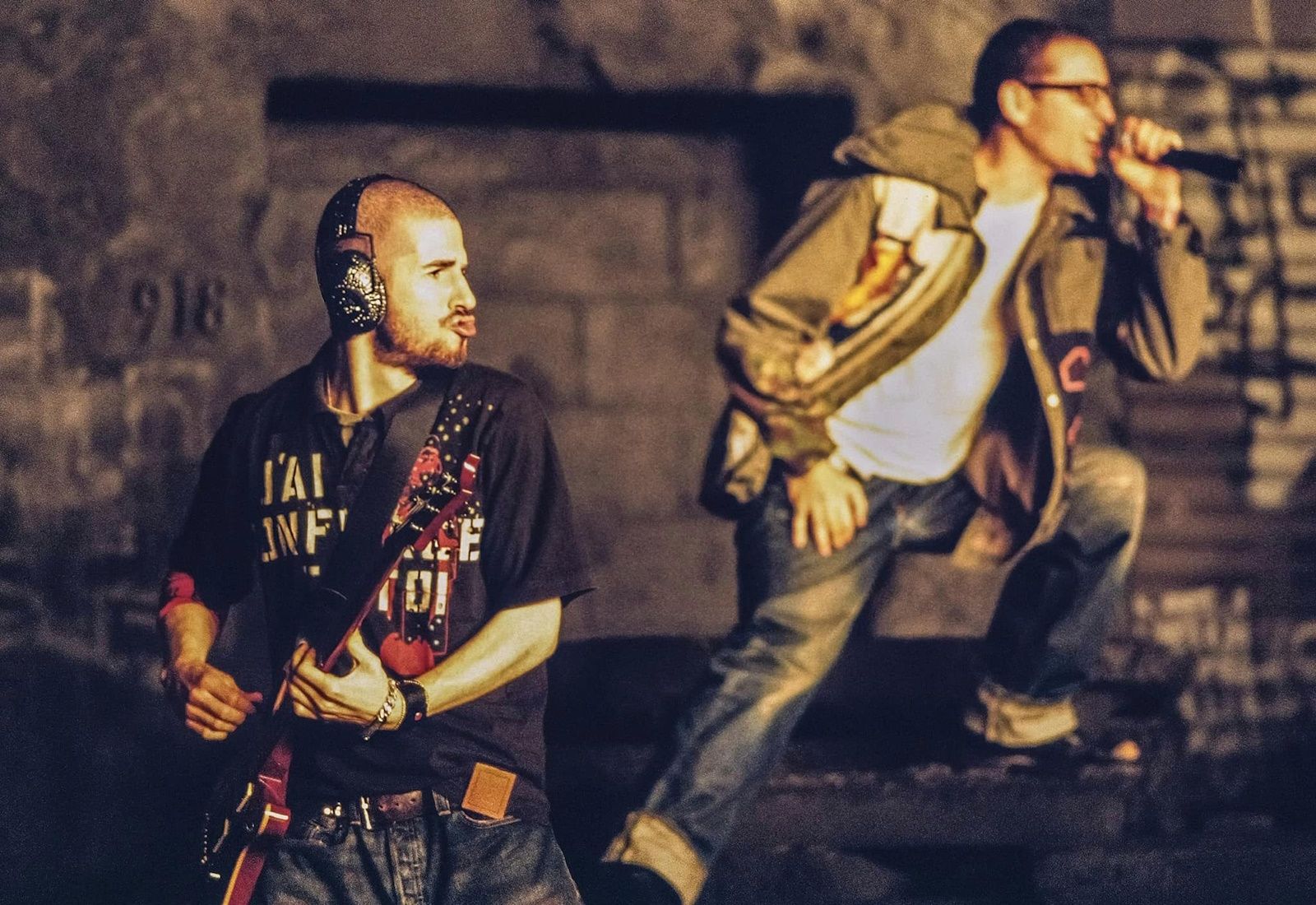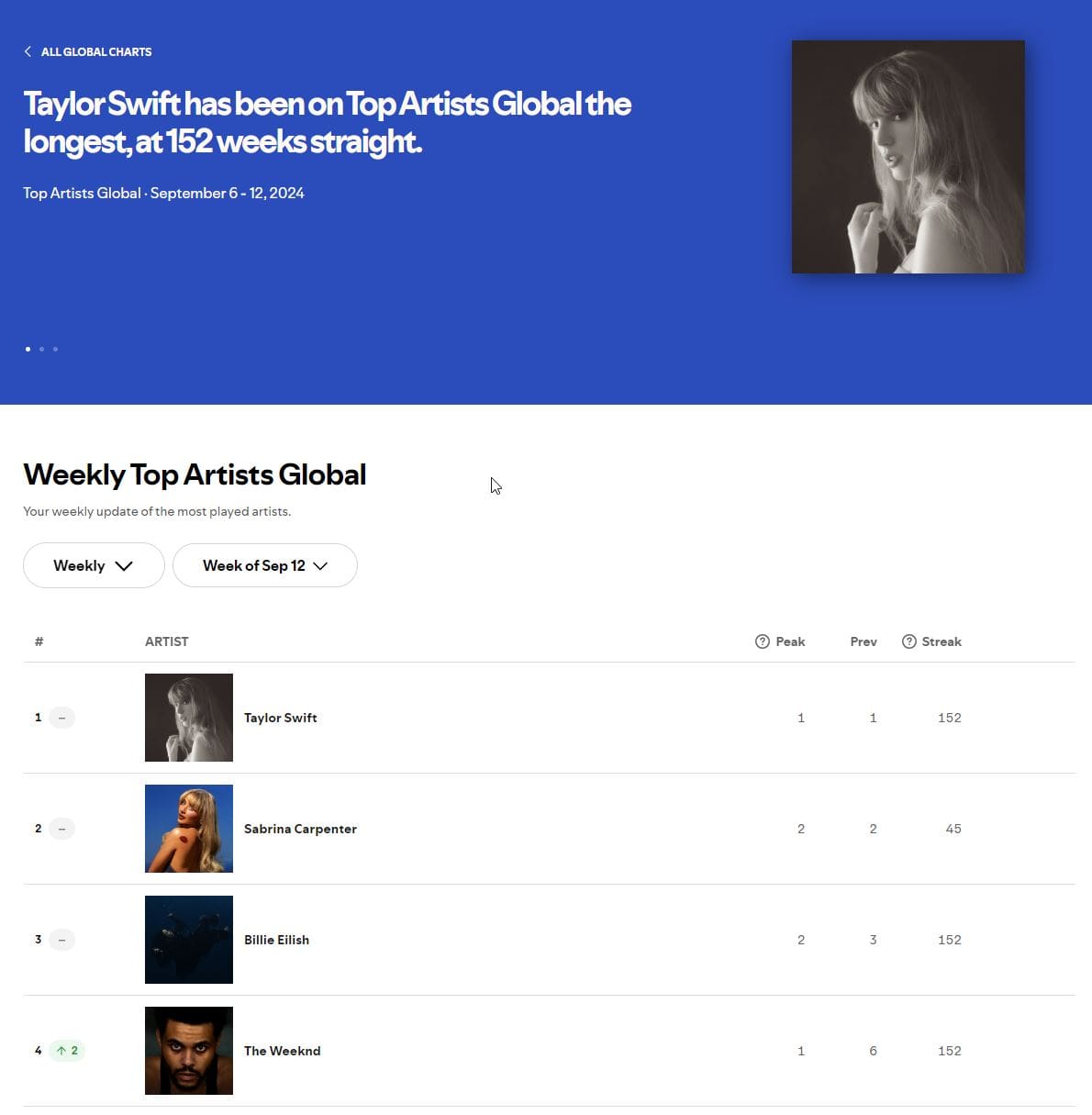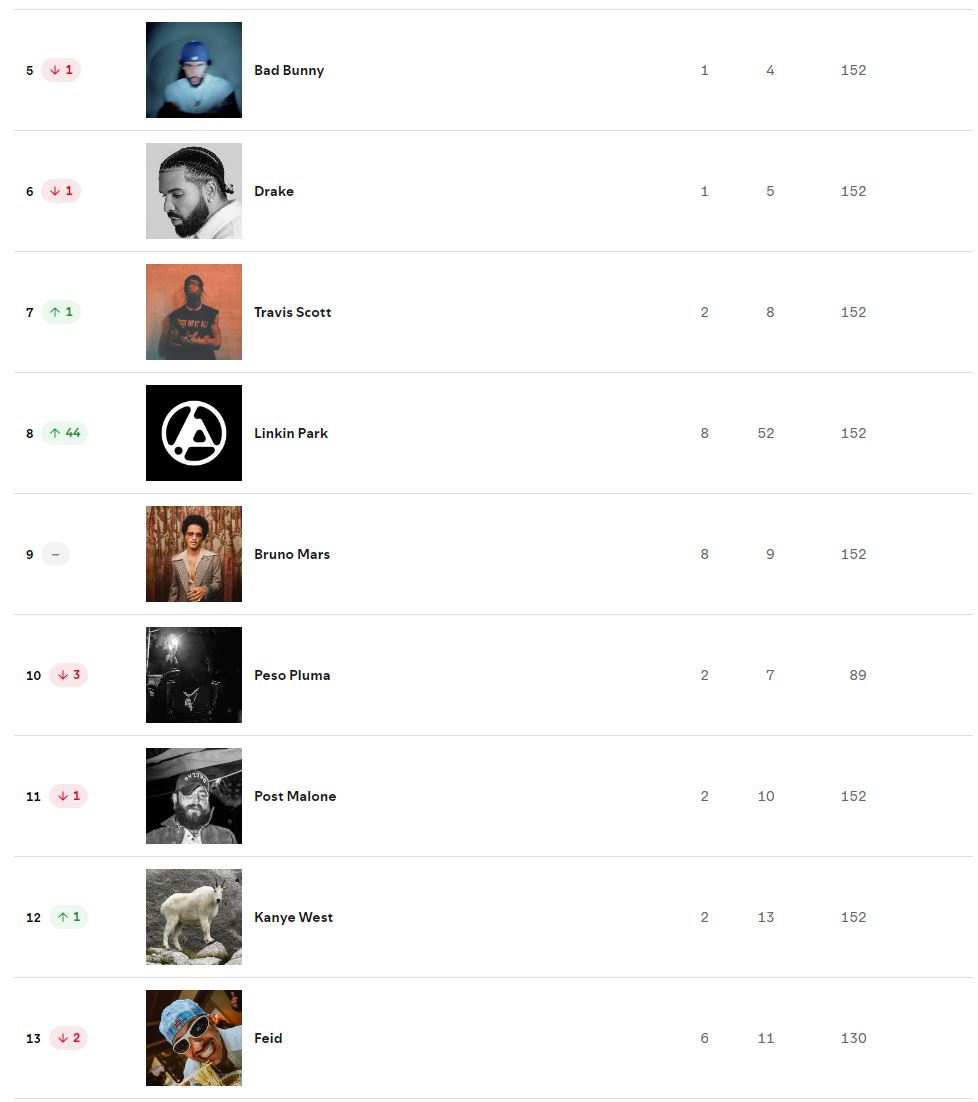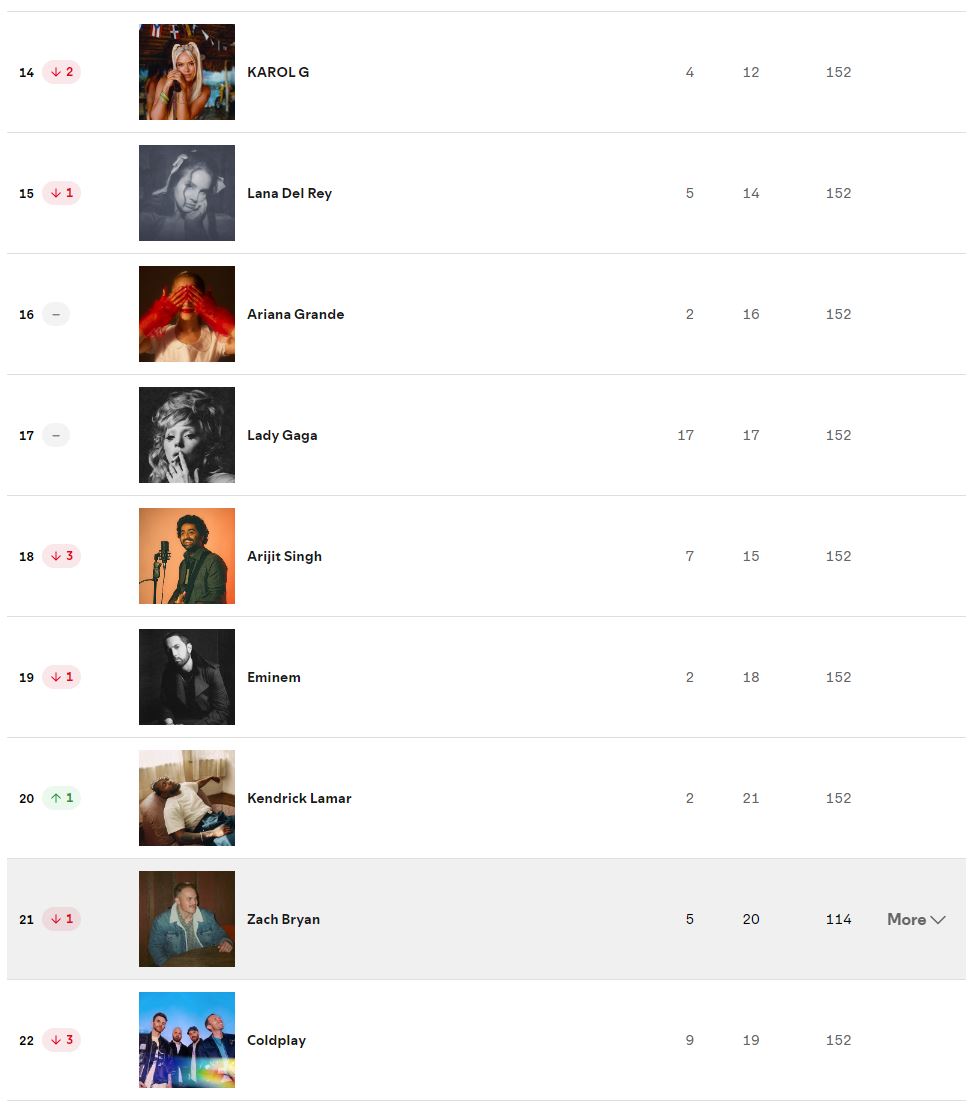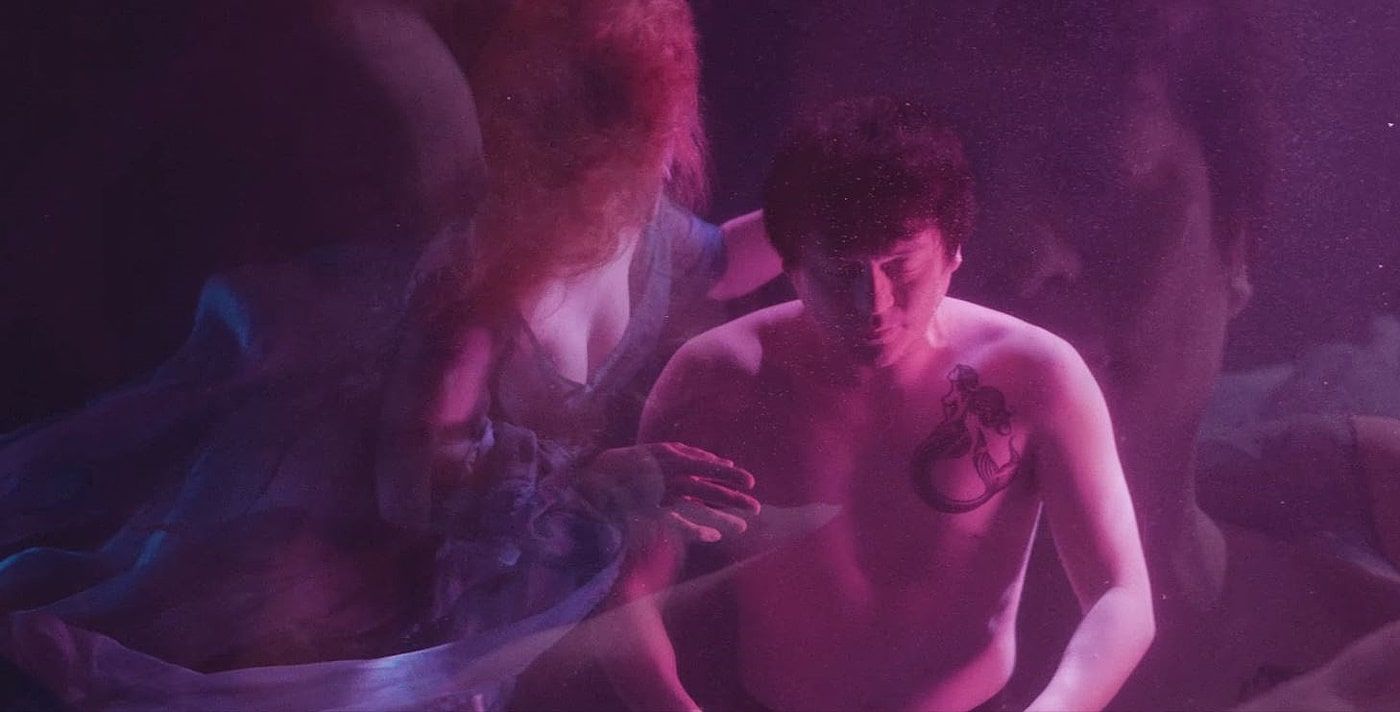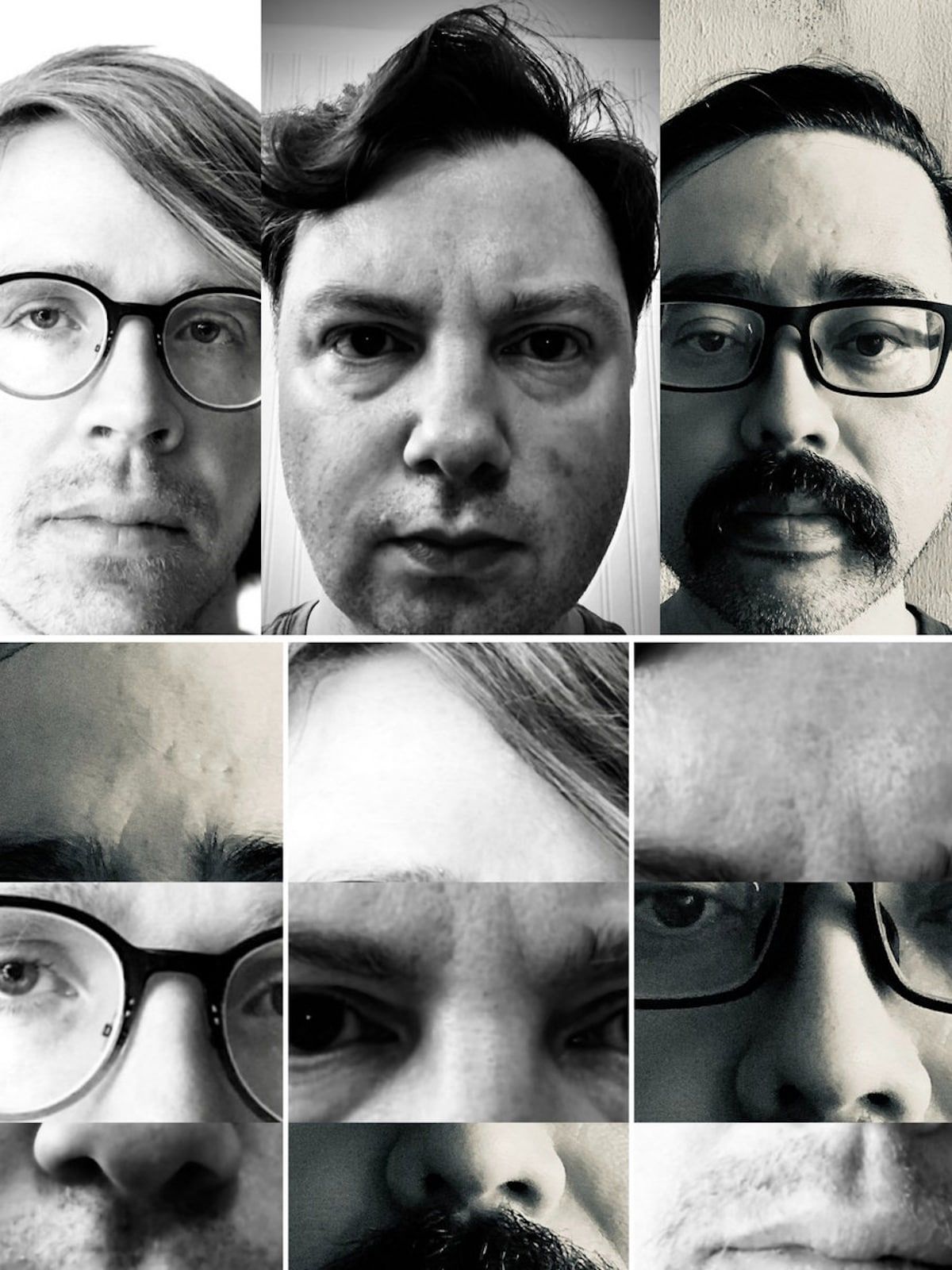Bands are disappearing from the mainstream charts. This observation forms the central thesis of the recent video from Rick Beatom dubbed “Why Are Bands Mysteriously Disappearing?“, where he explores the reasons behind the decline of bands in popular music.
Beato, citing both his own experience as a producer and insights from other creators, paints a stark picture of this shift, pointing out that from 146 weeks of band dominance in the early 1980s to only three weeks in the first half of the 2020s, the presence of bands on the charts has virtually vanished.
Richard Osman’s analysis during a British talk show underscored these shocking numbers: the 1980s and 1990s saw over 140 weeks of bands topping the charts, compared to a mere three weeks in the entire 2020s so far. What happened to iconic bands like THE BEATLES, THE ROLLING STONES, and NIRVANA, which once shaped the charts and dominated the cultural zeitgeist? Why are solo artists, often branded through TikTok and YouTube, now occupying the space that once belonged to bands?
Beato took this thesis further by analyzing Spotify data, revealing that in the top 400 most-listened-to artists, only three bands formed in the last decade are featured: GRUPO FRONTERA (2022), MÅNESKIN (2017), and RICHIE MITCH & THE COAL MINERS (2017). This staggering fact highlights that less than 1% of these artists are bands formed in the last decade. Compare this with the 1980s and 1990s, when bands reigned supreme across genres.
One of the core reasons Beato discusses is the shifting taste of younger audiences. Rock, which once connected so deeply with youth culture, is simply not as popular among today’s generation. Moreover, advancements in technology have made it easier for solo artists to create high-quality tracks on their laptops without the need for a full band. This dynamic has had a profound effect on independent rock and hardcore bands, who often require more resources and collaboration to maintain their projects.
On the other hand, in our independent and underground universe, we have to admit that independent rock and hardcore bands are navigating a completely different set of challenges compared to their mainstream counterparts. The underground and DIY scene follows completely different principles.”
Back to the mainstream perspective, from economics to interpersonal conflicts, the dynamics of forming and maintaining a band have become increasingly difficult.
Bands require coordination among multiple members, dealing with differing personalities, creative conflicts, and logistical challenges. This is something solo artists don’t have to contend with.
The economics of promotion further exacerbate these difficulties. Labels and promoters find it much cheaper and easier to market one individual than an entire group. It’s simpler to brand, manage, and promote a solo artist across media platforms than a band with multiple members, each with their own dynamics and needs.
Solo artists can now record high-quality tracks at home, put them up on TikTok, and land viral hits with minimal investment or overhead costs. This is why we more and more artists with over 20 million monthly listeners on Spotify, breaking into the mainstream based solely on their presence on social media platforms.
For bands, especially those in the independent scene, the path to success is more convoluted, requiring additional investments in production, touring, and promotion.
It’s not just the economics that make being in a band challenging—there’s also the emotional and creative toll. Maintaining a band requires more than just talent; it requires resilience, compromise, and patience.
From Beato’s perspective, the rise of songwriter-producers further complicates things. Many modern bands don’t even write their own songs, with producers and co-writers stepping in to create the music behind the scenes. This was already happening in the 2000s with bands like Aerosmith, but now it’s more prevalent than ever.
But despite these challenges and the intricacies of the meainstream world, independent rock and hardcore bands are fighting back, carving out their own spaces in a music world increasingly dominated by solo acts.
Our artists operate under a different set of rules, thriving in local and underground scenes that have kept hardcore, punk rock, post rock, and experimental music alive and well. The DIY ethic continues to be strong, and while bands may struggle to break into the mainstream, the love for music and connection with fans sustains them. Independent artists have always found ways to evolve and push through.
As Beato wraps up, it’s obvious that while mainstream bands are fading from the charts, the underground scene is still thriving with collaboration, creativity, and community.
Watch the full episode below.



